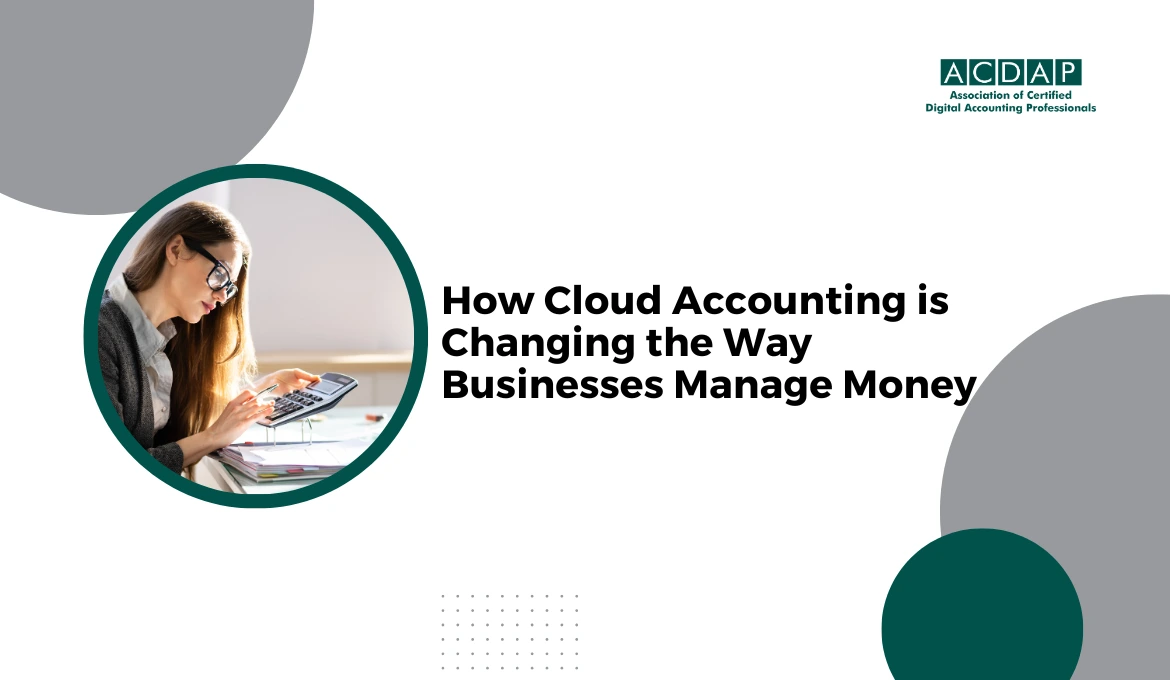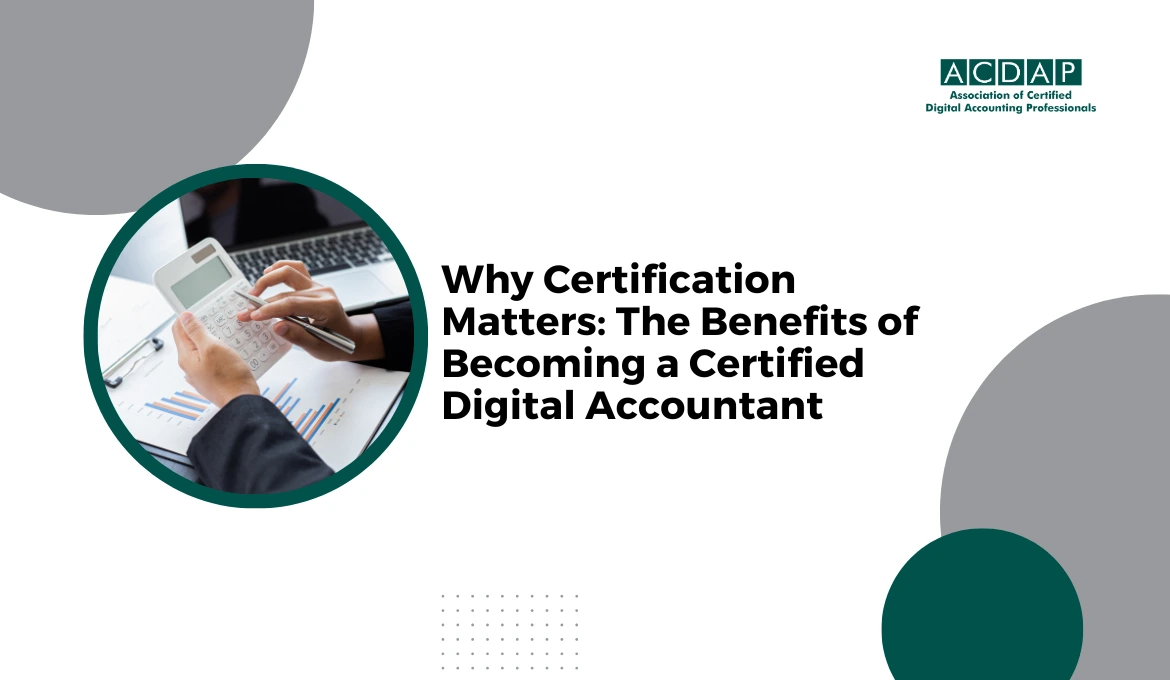Financial management is a cornerstone of success in today's fast-paced business landscape. With the advent of digital technologies, traditional accounting practices have undergone a seismic shift towards automation and real-time data analysis. This transition to digital accounting has brought about a paradigm shift in how businesses manage their finances and operate.
In this article, we will explore the transformative impact of digital accounting on business management, shedding light on its benefits, implications, and the new opportunities it presents.
The Evolution of Accounting: From Ledger Books to Cloud Solutions
Accounting has evolved from the era of manual ledger books to the digital age of cloud-based accounting software. This transition has brought automation, accuracy, and speed to financial operations. The days of manual data entry and paper-based transactions are fading, replaced by intuitive digital platforms that streamline processes and enhance overall efficiency.
Real-time Insights: Powering Informed Decision-Making
Traditional accounting methods often involved waiting for end-of-month reports to assess financial health. Digital accounting changes the game with real-time insights. Business leaders can now access up-to-the-minute financial data, enabling them to make informed decisions promptly. From monitoring cash flow fluctuations to understanding revenue trends, real-time data is a game-changer in strategic planning.
Automation: Liberating Resources and Reducing Errors
One of the most significant benefits of digital accounting is automation. Boring jobs like entering data, creating invoices, and keeping track of expenses can now be done automatically, so people don't have to spend time doing these tasks. Automation doesn't just save time and lowers the chances of mistakes that can happen when people enter information by hand, making the accounting process more accurate and trustworthy.
Advanced Reporting: Tailoring Insights for Growth
Comprehensive financial reporting is critical for making informed business decisions. Digital accounting platforms provide customizable reporting options that cater to specific business needs. Whether generating performance metrics, tracking key indicators, or analyzing profitability by product line, advanced reporting tools empower businesses to uncover insights that fuel growth strategies.
Data Security and Compliance: Safeguarding Business Integrity
Financial data is sensitive and must adhere to stringent security and compliance standards. Digital accounting solutions incorporate robust security measures to safeguard against unauthorized access and data breaches. Furthermore, these platforms often come equipped with compliance features, helping businesses meet industry regulations and maintain the integrity of their financial records.
Remote Accessibility: Navigating a Flexible Work Landscape
The rise of remote work has altered the way businesses function. Digital accounting platforms, often cloud-based, facilitate remote access to financial data from any location with an internet connection. This accessibility ensures that financial operations remain seamless, supporting a more adaptable and flexible work environment regardless of where team members work.
Digital Accounting and Business Management: A Strong Partnership
Digital accounting doesn't just affect financial tasks; it also significantly impacts how a business is run. It makes things work better, helps make timely decisions, and provides information to help a business grow. Simply put, it's like a spark that sets off positive changes all over the company.
In today's fast-paced business world, using digital accounting isn't a choice – it's something businesses must do to succeed. Its benefits aren't limited to the finance department; they are spread across the entire company. By embracing digital accounting, businesses prepare to do well in a world where technology, quick information, automation, and security are critical.
Digital accounting makes financial tasks smoother, reduces mistakes, and improves decision-making. It also allows people to work more flexibly, gives leaders helpful information to act on, and helps the business grow sustainably. As business keeps changing, those who understand the value of digital accounting will be ready to grab new opportunities and lead their way to success.
The Bottom Line
Ultimately, digital accounting isn't just about numbers on a screen – it's about transforming businesses into agile, data-driven entities that can navigate complexity, make informed choices, and ultimately flourish in an increasingly competitive global marketplace.


























